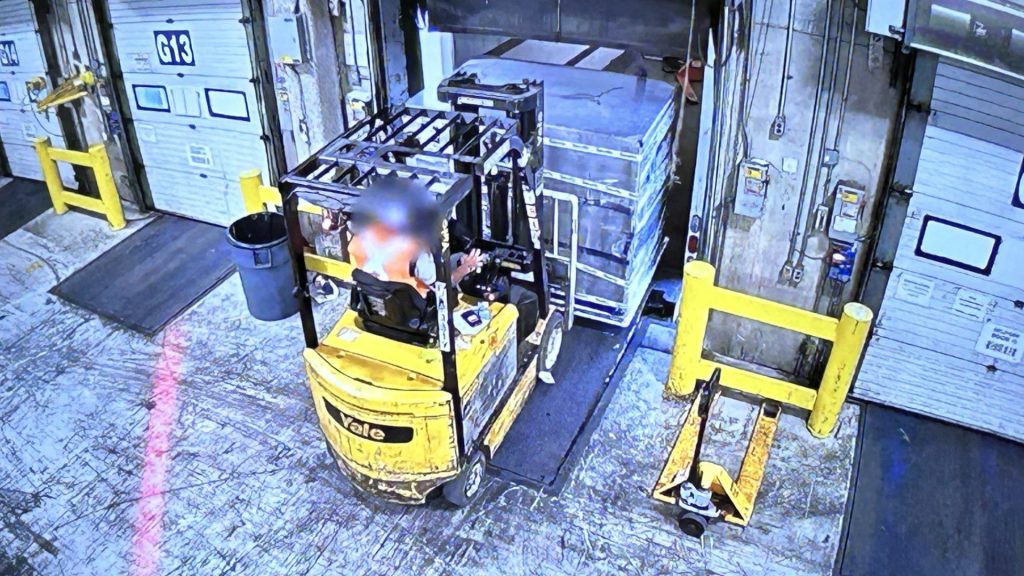Time to start fighting anti-vaccine information: University of Ottawa researcher
Posted Dec 10, 2020 12:59:00 PM.
Now is the time to fight misinformation and conspiracy theories around anti-vaccination, in order to combat any hesitancy abut taking the COVID-19 vaccine when it gets rolled out.
That's the message from Maxime Lê, a master's candidate at the University of Ottawa with a theses on anti-vaccine arguments in Canada.
“Right away, start to do these engagement sessions, listen to the community and develop a plan that responds to the fears and anxieties that people have because the vaccine is coming, people have questions, but they just aren't getting answers.” said the consultant in communications in public health and science.
Lê tells CityNews that while it might be simple for most to trust in science, for many it isn't, and it's not a new phenomenon.
“Historically, science hasn't really done a good job in reassuring the public about its advances and its benefits.”
Vaccines were first invented in 1796, but he says there was lots of mistrust in the efficacy of the shots, which remains to this day.
“Especially in this day and age, where it's all about individual rights and freedoms and reclaiming power, this will be a challenge for public health authorities to overcome.”
He says it's not enough to simply tell people that vaccines are good, or that they work, but that public health must go deeper, outlining the importance of vaccines and what happens if they get cast to the side.
Lê points to a country like Afghanistan, who don't have the same access to vaccines that Canada does.
“They're still trying to get rid of polio, because vaccination isn't as accessible.”










